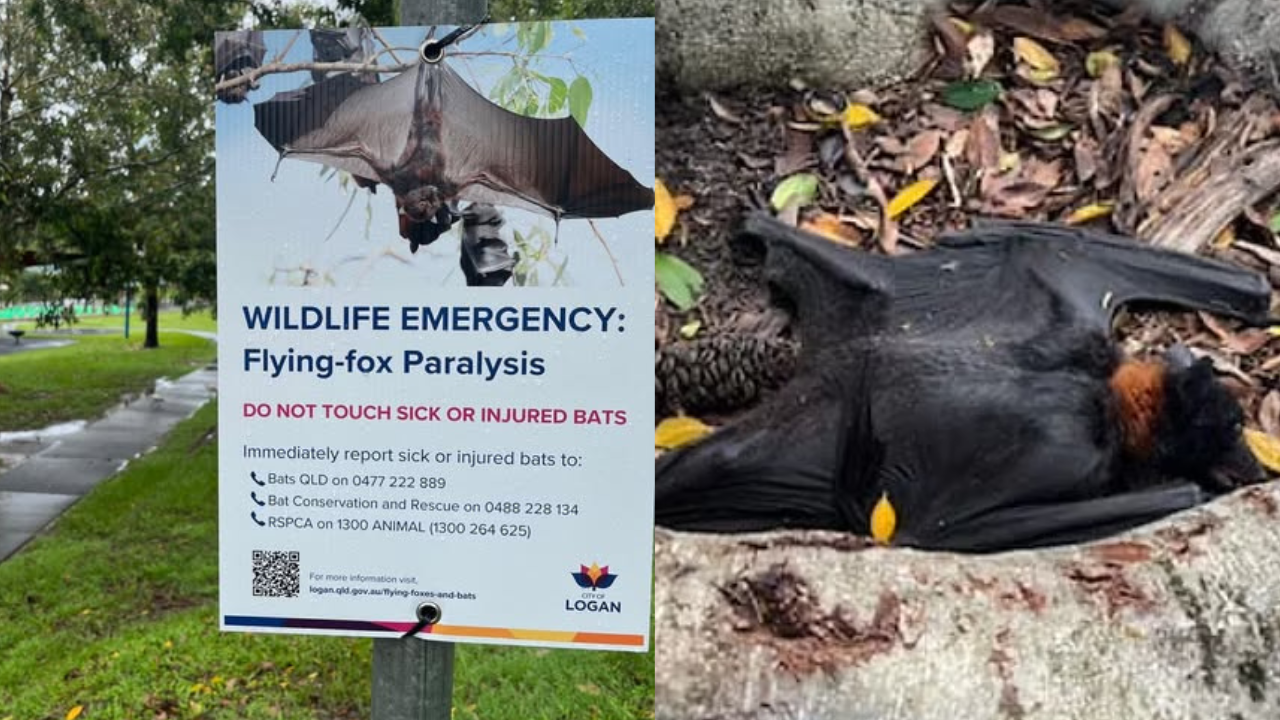Australians stranded on Kokoda track resume walk after protests shut down sections

- by Admin
- September 18, 2024

Australians walking the Kokoda track have had treks cancelled while others have been stalled for long periods on the historic route as protests by landowners closed sections of the trail.
A group of 64 walkers, including 52 Australians, were left stranded on Monday after frustrated landowners from Naoro village blocked off the track, demanding the Papua New Guinea government release funds earmarked for community livelihood development projects.
Local police have since advised the group are safe and were able to resume walking on Wednesday. It was unclear whether all the hikers would continue with the trek or return.
The Australian government updated its travel advice for PNG on Monday to warn landowner blockades may disrupt treks, advising travellers to check with their trekking company for the latest information.
Mick O’Malley, owner and trek leader of Australian Kokoda Tours, told Guardian Australia those on the track have safe passage to walk around the blockade.
But walkers not yet on the trail will be told to “turn around and go back”, he said, until negotiations with the government are finalised.
“It could be this week, it could be next week, it could be in three months,” he said, noting 18 walkers had their trips cancelled on Wednesday morning.
A spokesperson for Australia’s foreign affairs department said they were monitoring the situation on the track.
“The Australian high commission in Port Moresby is supporting relevant PNG authorities to work with communities on a resolution,” the spokesperson said.
The PNG commissioner of police, David Manning, said police were satisfied there had been no threat to the welfare of the hikers but investigations were continuing.
“This is an illegal protest and there are better ways to air grievances than to prevent our mainly foreign travellers from completing this historic journey,” he said.
“The Kokoda track is of great significance for the history of our nation and the countries that fought along it during [the second world war].
“It must also be pointed out that the landowners who blocked the track also depend on income from trekking groups so they are only undermining themselves.”
Manning said police were in discussion with the landowners and were working to resolve the situation for the good of all parties so that walking the track could continue.
According to the Mt Kodu Landowners chairman, Chillion Biloi, when the Mt Kodu mine was negotiated in 2007 and 2008 the government asked the landowners to accept the government’s offer of a socioeconomic development package of K50m (A$18.9m) to protect and preserve the Kokoda track.
Biloi alleged only a fifth of that amount had been paid to landowners so far, between 2011 and 2012, with numerous submissions to the government for parts of the remaining K40m.
“We have been patient and waited for almost 12 years but the government has turned a blind eye on our requests,” he said.
“We are now making our stance to shut down the track on our part indefinitely until the government respond to us by releasing our funds.”
The former chief executive of the Kokoda Track Authority, James Enage, has called for an urgent stakeholders meeting to address the closure.
Enage said the track is an important national asset and the government, through relevant agencies and stakeholders, must conduct an urgent meeting to address the issue.
He said the shutdown was putting the country’s tourism industry at risk and the meeting should include other strategic landowners along the track.
Enage said action was needed to address the issue amicably for the long-term benefit of Kokoda track catchment communities and the wider PNG tourism industry.
“Unless we handle both agendas strategically and make amendments within our scopes of operations to prioritise on agendas which will bring about significant change in the various communities along the Kokoda track and also amicably resolve the Mt Kodu issue right now, the issue of Kokoda track closure will be perpetual,” he said.
The Latest News
-
December 29, 2024Australian cricket legend Rodney Hogg reveals his hatred of the MCG – and why he sells fake signed baggy greens
-
December 29, 2024Bumrah torments Aussies again to put India on top
-
December 29, 2024Aussie Test crowd record in sight for Boxing Day epic
-
December 29, 2024Australian reserve batter Josh Inglis ruled out of Border-Gavaskar Trophy with injury
-
December 29, 2024Is Mitchell Starc injured? Scott Boland provides update on ace Australian pacer’s condition | Sporting News Australia



